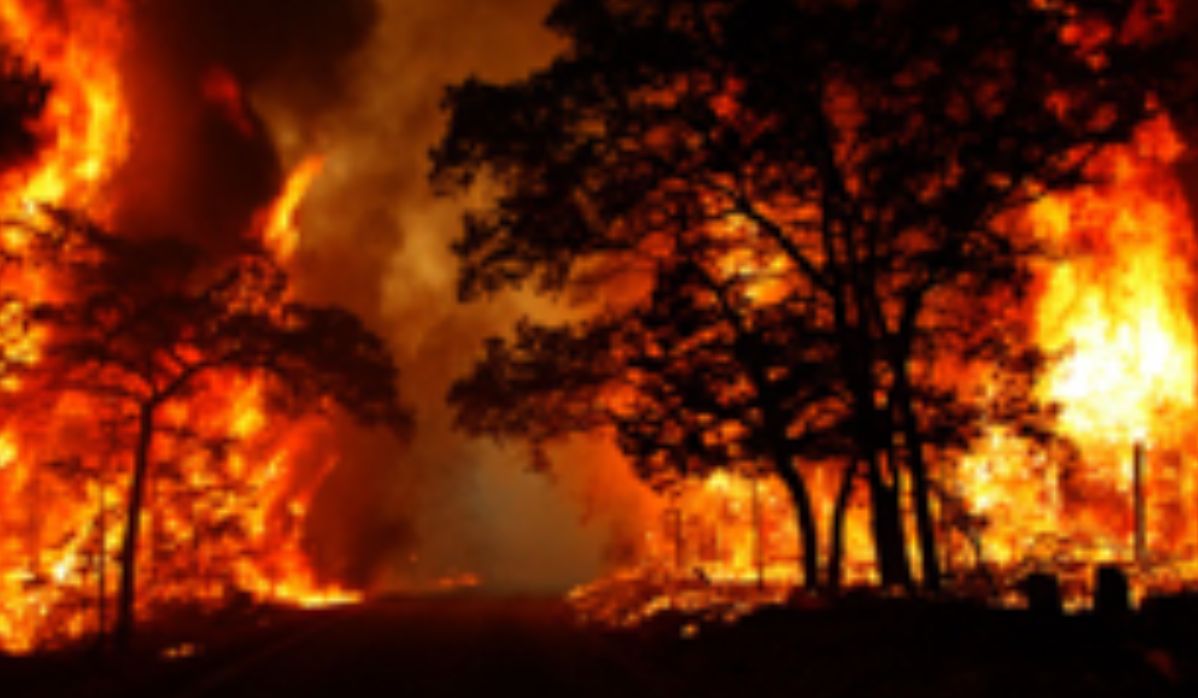Tarun Karthick
Port Blair, 06 March 2023
A & N Islands are covered with 81% tropical rain forests of its total geographical area and has a rich heritage of biodiversity including various eco-systems like marine, terrestrial, coastal, mangroves etc.
Extended summer season may cause forest fire as dry leafs are susceptible and works as good fuel. In past, few forest fires have caused damage to forest, wildlife and environment. In view of this, Dr. Nitin Shakya, Director (Disaster Management), A&N Administration has requested the residents of rural areas surrounding forest to follow the advisory on Do’s and Don’ts of Forest Fire and to safeguard the eco-system of this territory.
Know your forest fire risk. Be aware of weather updates, emergency instructions of evacuation orders. Teach all household members the technique of stop, drop and roll method in case of fire. Create a safety zone by removing vegetation/articles that easily catch fire. Consult with local fire & forest department about making the house fire-resistant.
Keep evacuation checklist and emergency Kit (including a flashlight, mobile phone, batteries, cash, water bottle, dry fruits/snacks, first aid supplies etc.) ready before the fire season sets in. Breathe closest to the ground preferably through moist cloth to avoid inhaling smoke.
Immediately contact and report an unattended forest fire to local fire & Forest Department/Authority. During any fire activity, keep a shovel, water and fire extinguisher nearby to keep fire in check.
Never leave a fire unattended without completely extinguishing, check and re-check the ashes near vegetation. Do not leave/throw cigarettes, matches, and other smoking materials from moving vehicles near forest area without completely extinguishing it. Do not leave behind flammables during outdoor camping in forests areas. Avoid any open burning in windy conditions in and near forest area.

